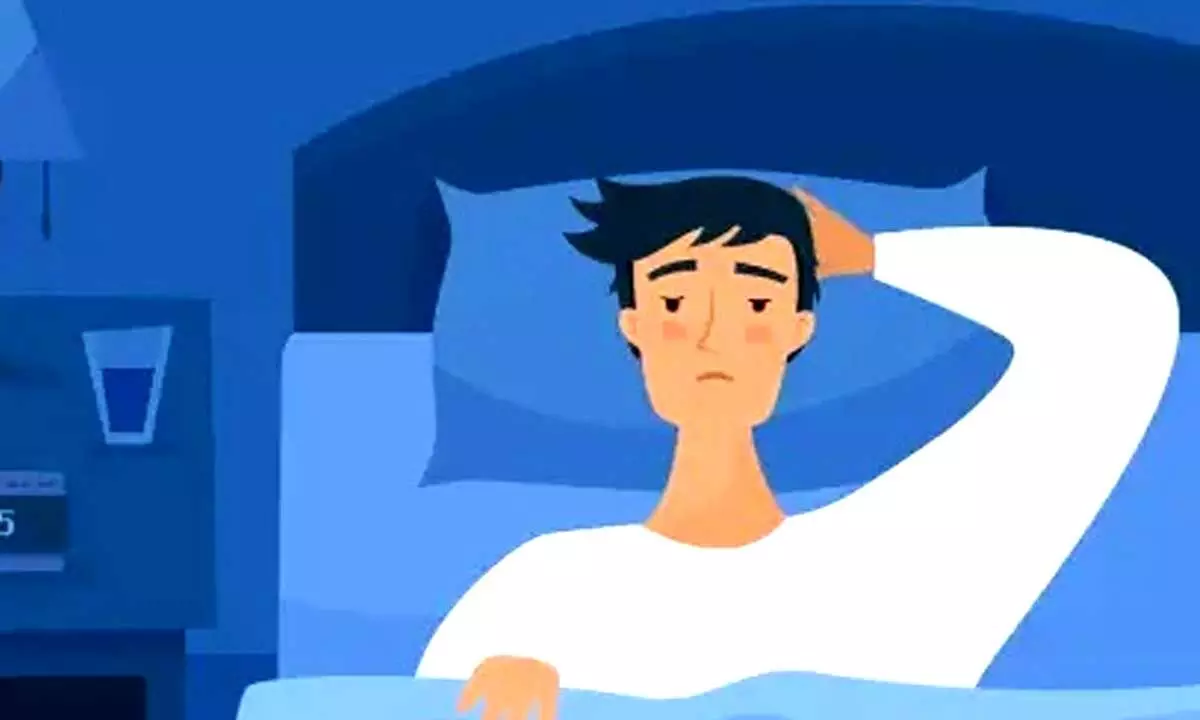Sleep Summit in KGMU warns against ignoring sleep disorders
Share :

Excessive daytime sleepiness, difficulty falling asleep and frequent night time awakenings are symptoms of a sleep disorder.
Lucknow: Excessive daytime sleepiness, difficulty falling asleep and frequent night time awakenings are symptoms of a sleep disorder.
Ved Prakash, head of the department of pulmonary and critical care medicine, King George's Medical University (KGMU), and organising secretary of the ongoing Sleep Summit, which began on Thursday, said that people struggling with sleep problems for more than three weeks should get themselves tested for insomnia and sleep apnea.
If left untreated, these conditions can lead to serious health risks, including high blood pressure, fatigue, depression, and accidents, he said.
Ved Prakash blamed modern lifestyle for the rise in sleep problems.
"Extended work shifts, exposure to bright lights at night, stress, and unhealthy habits like smoking and excessive caffeine intake disrupt the body's natural sleep-wake cycle," he explained.
"This disrupts the production of serotonin and dopamine, neurotransmitters crucial for sleep regulation. Serotonin is needed to produce melatonin, the sleep hormone. When serotonin levels are low, sleep quality suffers," he said.
"Snoring, gasping or choking during sleep or morning headache are also symptoms of sleep disorder," said Ved Prakash.
He said lifestyle modifications, behavioural therapy and medical treatments were options for management of sleep disorder.
Soniya Nityanand, vice chancellor of KGMU, emphasised on the importance of addressing sleep problems.
"Incomplete sleep disrupts daily life, and stress and modern living are major culprits. Early diagnosis and treatment can help people overcome sleep disorders and improve their overall health," she added.
Insomnia is estimated to affect approximately 10 per cent of adults worldwide, making it one of the most common sleep disorders globally. Impact of Obstructive Sleep Apnea affects around 3 to 7 per cent of adults globally.
Medications may be prescribed for certain sleep disorders, such as insomnia, restless legs syndrome and narcolepsy.













